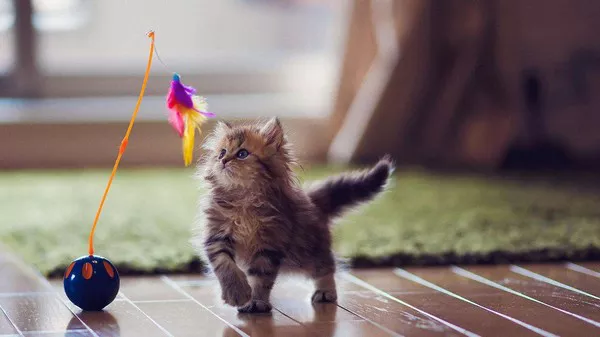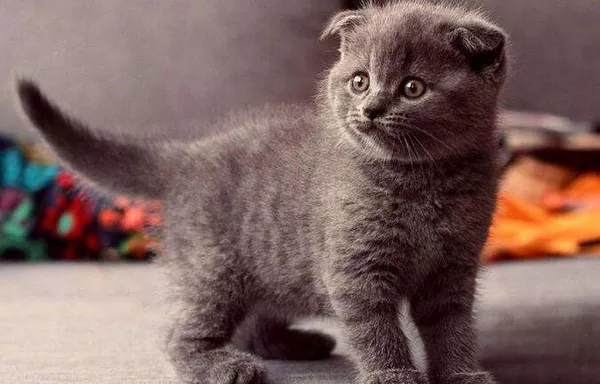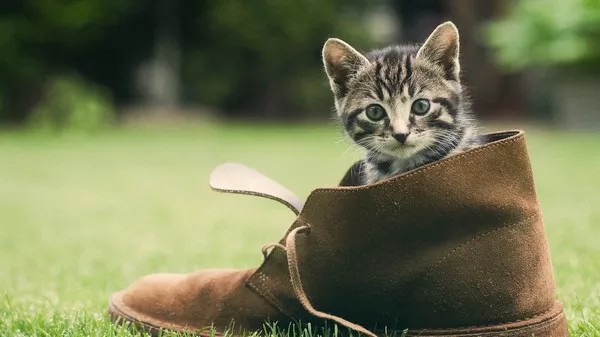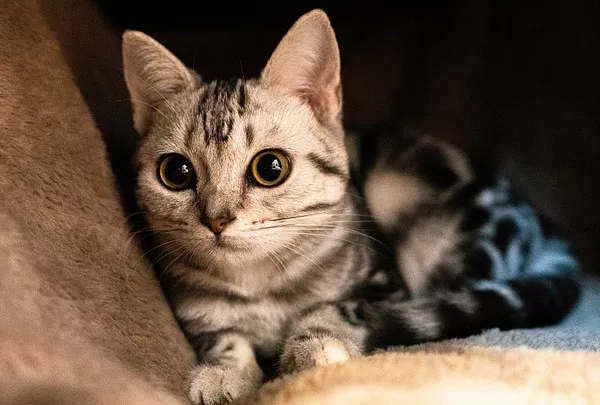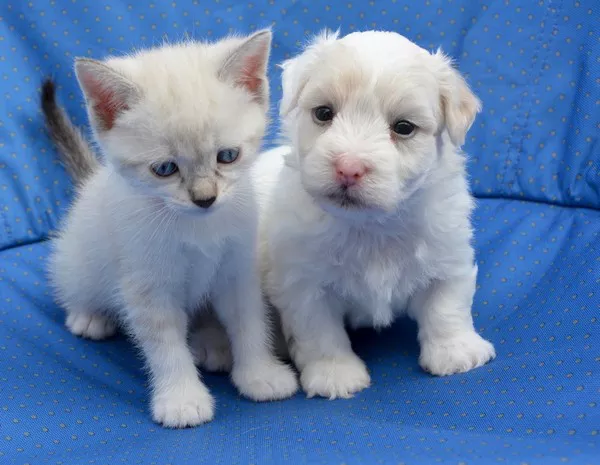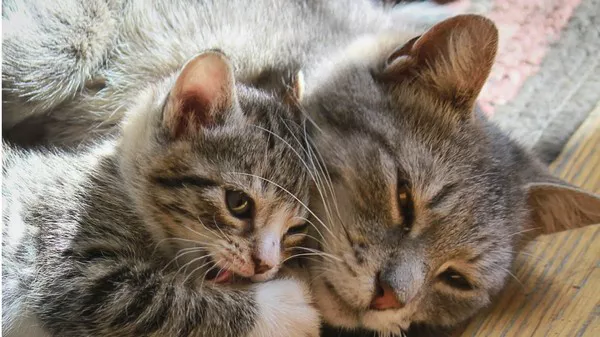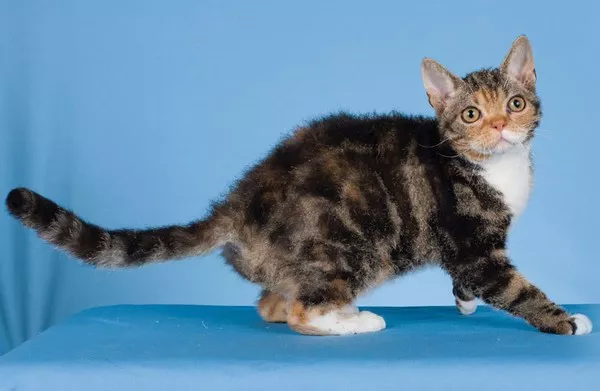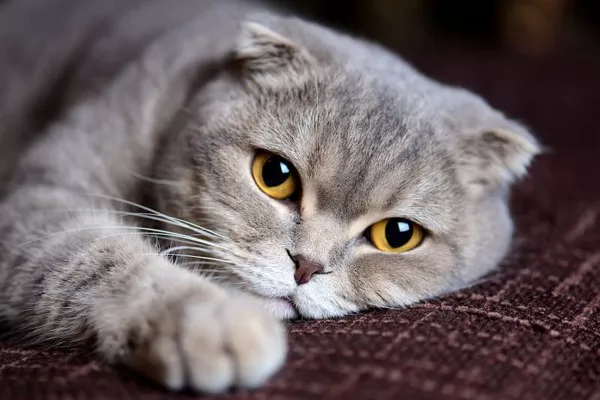Abyssinian cats are known for their distinctively ticked fur, playful personalities, and unique vocalizations. These cats are highly intelligent and communicative, and they often use a variety of vocalizations to express themselves. In this article, we will explore whether Abyssinian cats actually “talk,” what their vocalizations mean, and how to understand and respond to your Abyssinian cat’s communication.
Do Abyssinian Cats Talk?
Yes, Abyssinian cats do “talk” in their own way. They are known for their chatty and vocal nature, and they often use a variety of sounds to communicate with their owners and other cats. Some Abyssinian cats are more talkative than others, but all of them have the ability to communicate through their vocalizations.
What Do Abyssinian Cat Vocalizations Mean?
Abyssinian cats use a variety of vocalizations to express different emotions and needs. Here are some of the most common sounds and what they mean:
- Meowing: This is the most common vocalization that Abyssinian cats use. They meow to get attention, to express hunger or thirst, or to communicate their general mood.
- Purring: Abyssinian cats often purr when they are content or happy. It can also be a sign of relaxation or sleepiness.
- Chirping: This is a unique vocalization that Abyssinian cats are known for. They often make a chirping sound when they see birds or other small animals outside.
- Hissing: This is a defensive vocalization that Abyssinian cats use when they feel threatened or scared.
- Growling: This is another defensive vocalization that Abyssinian cats use when they feel threatened or need to establish dominance.
- Yowling: This is a loud and intense vocalization that Abyssinian cats use when they are in heat or need attention.
Understanding Your Abyssinian Cat’s Vocalizations
To better understand your Abyssinian cat‘s vocalizations, it’s important to pay attention to their body language and context. For example, if your cat is meowing while standing by their food bowl, they are probably hungry. If they are purring while curled up on your lap, they are likely feeling content and relaxed. If they are hissing or growling, they may feel threatened by something in their environment.
Responding to Your Abyssinian Cat’s Vocalizations
When your Abyssinian cat is vocalizing, it’s important to respond appropriately to their needs. Here are some tips for responding to different vocalizations:
- Meowing: If your cat is meowing, try to determine what they need. If they are hungry or thirsty, provide food or water. If they want attention, spend some quality time playing or cuddling with them.
- Purring: If your cat is purring, they are probably feeling content and relaxed. You can respond by petting them or giving them some quiet time to rest.
- Chirping: If your cat is chirping, they are likely excited about something they see outside. You can respond by letting them watch the birds or other animals.
- Hissing or Growling: If your cat is hissing or growling, they may feel threatened or scared. Try to identify the source of their fear and remove it if possible. If they are feeling territorial or aggressive, give them some space and try to redirect their attention with toys or treats.
- Yowling: If your cat is yowling, they may be in heat or need attention. If they are in heat, consider getting them spayed or neutered. If they need attention, spend some quality time with them.
Abyssinian cats are known for their vocal and chatty nature, and they use a variety of sounds to communicate with their owners and other cats. By understanding what these vocalizations mean and responding appropriately, you can better meet your Abyssinian cat’s needs and build a stronger bond with them.
Remember, every Abyssinian cat is different, and they may have their own unique vocalizations and ways of communicating. By spending time with your cat and paying attention to their body language and vocalizations, you can better understand and respond to their needs.
If you have any concerns about your Abyssinian cat’s vocalizations or behavior, it’s always a good idea to consult with a veterinarian or a professional cat behaviorist. With proper care and attention, your Abyssinian cat can thrive and continue to “talk” to you in their own special way.
Recommended reading:


